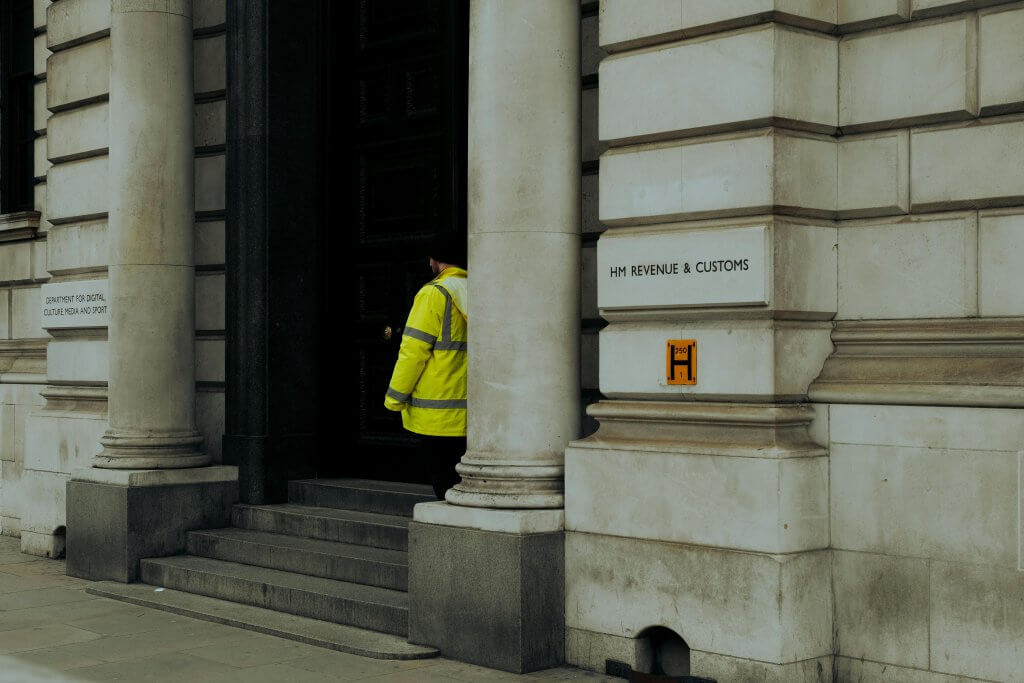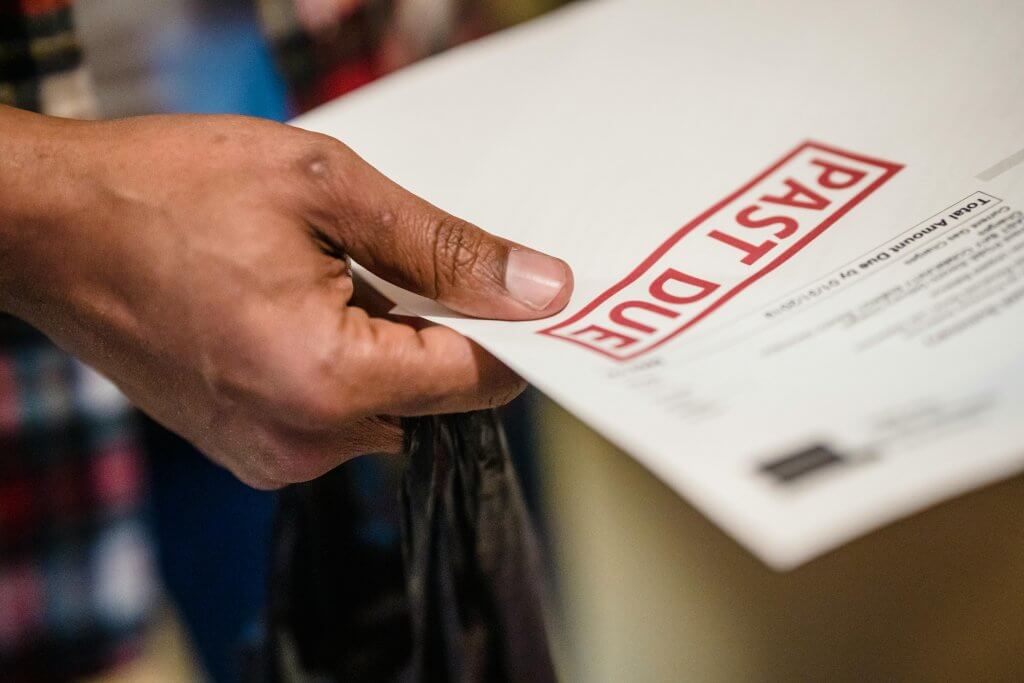Securing working capital to start a business or expand it can be the key to its success. Some 20% of businesses fail in their first year and a staggering 60% go insolvent in their first three years of trading. Having sufficient working capital to operate and grow your business can make the difference between success and failure.
A director’s personal guarantee can help you secure the finance your business needs. But what are the risks? We’ll explore them in this article – and look at the elements that could protect you if things go wrong.
What is a personal guarantee?
A personal guarantee (also known as a director’s guarantee) is a legal commitment made by a company director or directors to guarantee a liability, such as a loan or the lease on property or vehicles, if their company is unable to.
It serves as an additional form of security for lenders, ensuring that they’re able recover the outstanding debt from the guarantor, if the company defaults on its loan or contractual obligations.
Should I sign a personal guarantee?
Directors will often be asked to sign a personal guarantee with a bank or another lender, perhaps without always understanding the full implications.
Lenders typically request this additional security in situations where a business is considered high-risk or lacks sufficient assets or credit history to secure a loan. This is common for startups, small businesses or companies with a limited track record or poor credit history.
Because of this, signing a personal guarantee can feel like the only option available to secure the necessary funding. But, while there might be pressure to get the finance in place, you must seriously consider the personal implications of signing a personal guarantee before doing so.
Is a personal guarantee secured on a specific asset?
A director’s personal guarantee is not a secured liability: it’s unsecured (unless specific assets are pledged as part of the guarantee). This means it’s not usually directly tied to a specific asset. However, for the lender, the personal guarantee serves as a significant assurance.
Can a personal guarantee affect more than one director?
When all the directors in the company have signed a guarantee, the liability is often shared and is called a joint and several liability. That means the liability remains until the debt is paid off, regardless of whether it’s paid by one or more of the directors.
So if one director pays off the debt, then it’s up to all the directors to sort out between them who’s liable to pay what to whom.
It also means the creditor can choose to sue all the directors or just one. If more than one director has provided a personal guarantee for a loan the lender will generally target the director who’s most able to pay or owns the highest value assets.
Director’s personal guarantees are, however, sometimes capped so your liability may be limited to part of the outstanding loan amount, or there may even be a time limit on your liability.
Is insolvency a way out of a personal guarantee?
Any loan to a business is likely to have a clause that allows the lender to recall the money for any event of default, including insolvency. This is known as an ‘insolvency clause’, adding another layer of security for the lender and means, even in the event of insolvency, the debt is due from the guarantor.
A company going into administration would not protect the director(s) from the obligations of a director’s personal guarantee either. In this case, the lender is likely to immediately issue a demand for a repayment of all the outstanding monies. However, they can usually only enforce against a personal guarantee when they have exhausted recovery efforts under their debenture security.
This demand may come in the form of a statutory demand letter. On top of requesting the full amount there might be interest and other charges to pay.
Are there any ways to avoid a personal guarantee?
While personal guarantees are legally binding contracts, there are certain situations where they may be deemed unenforceable.
It’s important to note that successfully challenging the enforceability of a personal guarantee can be a complex legal process, often requiring the assistance of an experienced solicitor or legal professional.
The specific circumstances and evidence surrounding the giving of the personal guarantee will play a crucial role in determining its enforceability. These are some of the possible reasons a personal guarantee might not be enforceable.
Witnessing or execution
Personal guarantees must be properly witnessed and executed according to legal requirements, or it could be considered invalid and unenforceable.
Independent legal advice
The guarantor usually need to confirm that they have taken independent legal advice regarding the signing of a personal guarantee and if this is not done the personal guarantee may be unenforceable.
Misrepresentation
If the lender or creditor made false or misleading statements about the nature or terms of the personal guarantee, it could be deemed unenforceable.
Duress or indue influence
If the individual signing the personal guarantee was coerced, threatened or subjected to undue pressure or influence, it may be considered unenforceable.
Unfair or unclear terms
If the personal guarantee contains a term that’s been deemed unfair by the Unfair Terms in Consumer Contract Regulations (1999), it could be challenged in court. The same applies if the terms are unclear or ambiguous.
Change in terms
If the lender changes the original terms or the principle loan amount without informing the guarantor, this could allow the personal guarantee to be contested.
What are the consequences of a personal guarantee?
Signing a personal guarantee exposes you to significant personal liability and financial risks if your business fails. By agreeing to be personally liable for a company’s debts, you put your personal assets like your home, savings, investments and future earnings at stake.
Personal guarantees can severely impact your credit score and borrowing ability. If the company defaults on its loans or payments, this can be damaging to your personal credit history.
Furthermore, if creditors obtain a judgment against you due to a personal guarantee, they seek to bankrupt you resulting in seizure of your personal bank accounts, future earnings or even force the sale of your home or other valuable assets.
Is there any way out of a personal guarantee?
If you sign a personal guarantee and then resign as a director or sell your business, your departure does not automatically terminate the personal guarantee. You’ll still be liable.
You have to actively terminate the guarantee and obtain a release from the lender. Your company or your company’s purchasers cannot do this on your behalf.
Get free, confidential advice from the experts
Personal guarantees are viewed as some of the most legally binding contracts in common usage. Remember, a personal guarantee is a serious financial commitment that should not be taken lightly.
It’s advisable to explore alternative financing options or reconsider the need for the loan altogether, rather than risking your personal assets unnecessarily.
If you’re worried about a personal guarantee, talk to our licensed insolvency practitioners about the options that could be available to solve your challenges.




